Periodontal
Gum health is just as important as tooth health. Learn more about the stages of periodontal disease and how Cook Dentistry can help.
Periodontal Treatment
Dr. Ryan Cook offers both non-surgical and surgical periodontal treatment depending on your needs. The word periodontal refers to the tissue surrounding and supporting the teeth. We are constantly monitoring gum health at Cook Dentistry because gum disease affects more than 80% of adults. The early stages of gum disease is referred to as gingivitis, which basically means inflamed gum tissue. Gum inflammation is the bodies response to an irritant which is usually an abundance of plaque and tarter. Bleeding gums is also an indication of gum disease. We chart periodontal measurements using a probe to take measurements of the gum pocket in six different spots around the tooth. (For an adult who isn’t missing any teeth, that’s 192 measurements.) Three millimeters or less is considered healthy. A higher measurement is an indication of gum inflammation and/ or bone loss. Mild to moderate periodontitis can usually be treated in office non-surgically using special instruments to gently remove tarter accumulation below the gum line and flush out bacteria. The technical term for this treatment is Scaling and Root Planing, but most people refer to it as a deep cleaning. However, periodontal treatment should not be confused with a routine cleaning. A regular cleaning is preventative in nature, and periodontal treatment is treating a disease. More advanced stages of periodontitis may require surgical treatment involving an incision to peel back an area of the gum tissue to access and remove tarter.
Local anesthetic is used in both non-surgical and surgical periodontal treatments insuring your comfort through the entire process. Non-surgical periodontal treatment is typically completed in two 90 minute sessions. Because periodontal disease is chronic, your compliance with oral hygiene recommendations and home care routine combined with more frequent professional cleanings (referred to as periodontal maintenance) is strongly encouraged in order to maintain results.
If untreated, periodontal disease will progress resulting in irreversible bone loss. We cannot get bone back once it’s gone, but if we catch and treat the disease in the early stages, we can prevent further bone loss. If too much bone is lost, the tooth or teeth will become loose until there isn’t enough bone to keep them in place.
As with any periodontal treatment, some minor sensitivity or discomfort is expected and considered normal. Gum recession is due to bone loss, and can become more apparent when gums that were once inflamed and swollen return to a healthy state. This may result in exposed dentin at the gum line increasing cold sensitivity. This sensitivity usually decreases over time.

